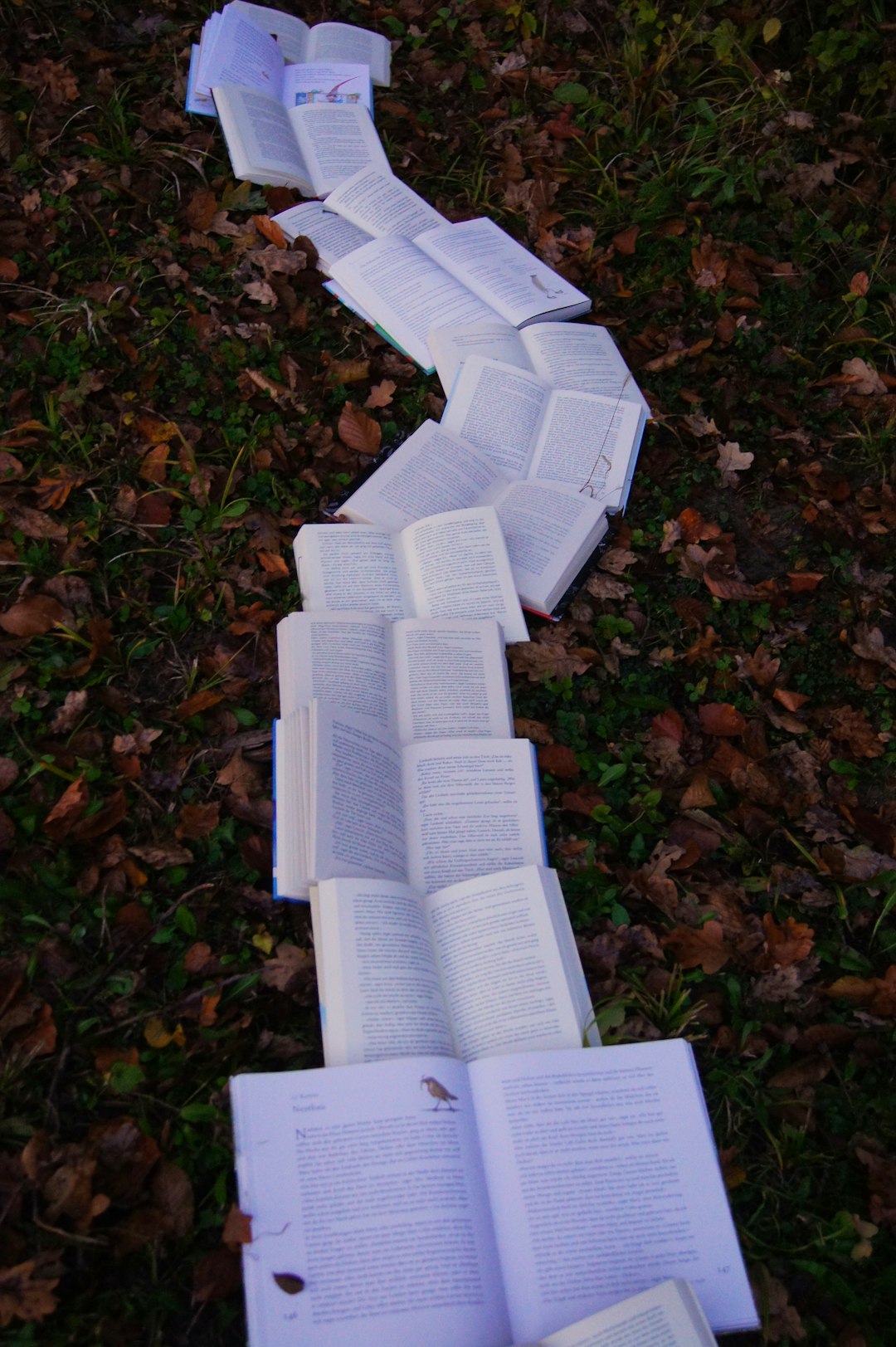A Brief Recap:
A few years ago, I regularly published articles for my blog on a separate, older website. I didn’t transport most of those articles to Substack due to a shift in overall vision. Then, for the last two years, I’ve been working away at my Master’s in Creative Writing, which I completed last August. During that time, blog articles were mostly on hold. In the months since then, I’ve been fine-tuning a renewed vision and focus for this writing space and praying about how I can best serve my readers. As 2024 picks up speed, my goal is to focus my blog in two directions, both of which are listed below.
Two Blog Directions:
The focus of both directions is the same: learn biblical discernment by learning storytelling.
Direction one: Unpack specific books, movies, or storytelling elements with a more practical applicant. In other words, what stories are good or bad, and why? What stories should you and or your kids be consuming?
Sounds simple, but this is deceptively difficult to do. Stories are the ultimate reality of the world we live in. The problem is we have been turned into strangers, aliens in our own country by materialism, pragmatism, and many other isms. We’ve unlearned the art of storytelling and thus become uncomfortable in our skin.
Because of this, we no longer know how to read or discern stories. And it’s hard work. Many Christians, therefore, try to find an easy recipe by which to quickly label or divide good stories from bad without having to do the work of figuring it out.
We make easy checklists. A good story has no swearing, sex, or violence, and bonus if it throws in a few heartwarming scenes. But this is a terrible way of dividing the good from the bad. Put it this way: the Bible wouldn’t make the cut. The Bible is way rated R.
There is no simplistic recipe, but we can’t let that be an excuse for opting out. We worship a storytelling God, and the Bible IS literature, among other things. If you watch a movie and are left wondering if you should like it or not, that’s a great place to start. But don’t leave it there.
Here’s the good news. There are numerous resources, especially now, as a growing list of Christians are realizing this need. Just last week, I chanced upon this article through Substack, in which a similar point is made.
And I want to help, too. My goal is to help deepen our understanding of both individual stories and storytelling methods for the sake of helping us learn the Bible, and understand our own lives and the world God created. My goal is to publish two of these articles per month moving forward.
While there is no easy recipe for story discernment, a few quick criteria can help. I also plan to publish a “story cheat sheet” that will hopefully provide a helpful framework that can be applied to all stories. It started as a cheat sheet article but is turning into a series of articles that are coming up next.
Also, if you are wondering about a specific story, movie or novel, past or present, for yourself or your kids, please comment at the bottom of this article with suggestions, or you can email me directly.
Direction Two: Part of learning a story-based worldview means unlearning our preconceived assumptions. We all see the world through very specific lenses, and if you were raised in public schools or are walking around and breathing in the West, then you really can’t avoid it.
I am currently preparing a class for adults that will take a deeper look at how to understand stories for the purpose of biblical discernment; how to unlearn what our materialistic predecessors handed down, and relearn the world as story. As I prepare this curriculum, I hope to create articles based on those thoughts. These long-form essays will be published less frequently, however.
More info on my class coming up.
Also coming soon, I was again asked to be a guest blogger on Shelf of Crocodiles, a blog written by C. M. Miller. He graduated from the same writing program that I did and also has a great blog on unpacking good stories. For that, I’m working on an article titled The Abolition of Woman. In it, I’ll discuss how C. S. Lewis predicted the current third-wave feminist crises.
Leave comments about your favorite stories, or what stories you might want discussed, and stick around for more fun!




"The problem is we have been turned into strangers, aliens in our own country by materialism, pragmatism, and many other isms. We’ve unlearned the art of storytelling and thus become uncomfortable in our skin.
Because of this, we no longer know how to read or discern stories. And it’s hard work. Many Christians, therefore, try to find an easy recipe by which to quickly label or divide good stories from bad without having to do the work of figuring it out."
You stated this so well. I've been convicted lately that most people, especially me, don't know how to read. We open and book and either 1) "analyze" or reduce it into a simplistic allegory, or 2) grade it based on its attitudes towards modern controversial topics (such as gender roles).
I am excited to read more of your insights on stories, reading, and biblical discernment! Your class for adults also sounds intriguing. I would love to hear your thoughts on a few middle-grade/YA science fiction and fantasy titles:
- Madeleine L'Engle's "A Wrinkle in Time" and maybe "A Wind in the Door"
- K.E. Ormsbee's "The House in Poplar Wood"
- Rick Riordan's "Percy Jackson" series
- Emily Whitman's "The Turning"